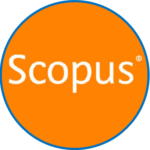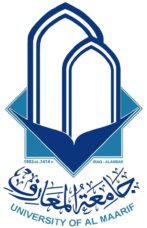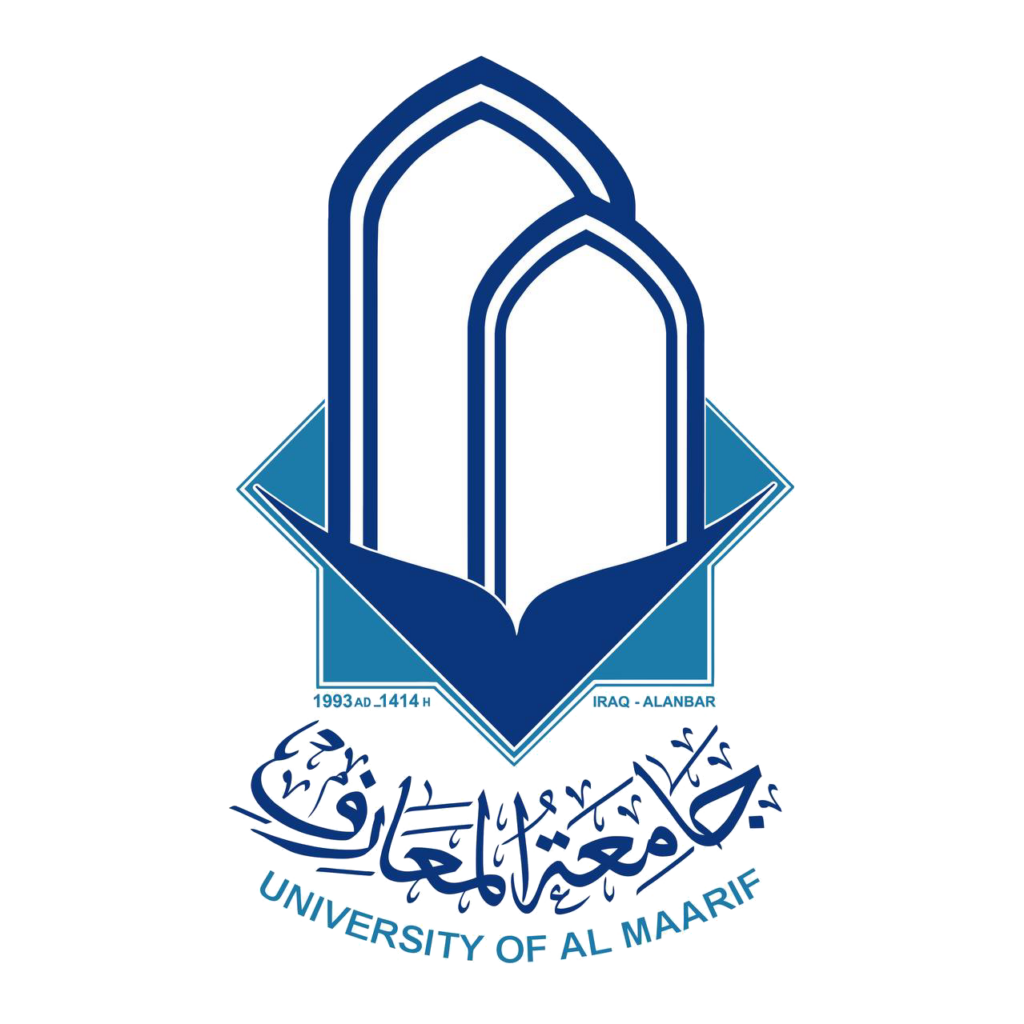
Alginate-Based Hydrogels and Tubes, as Biological Macromolecule-Based Platforms for Peripheral Nerve Tissue Engineering: A Review
Abstract Unlike the central nervous system, the peripheral nervous system (PNS) has an inherent capacity to regenerate following injury. However, in the case of large nerve defects where end-to-end cooptation of two nerve stumps is not tension-free, autologous nerve grafting is often utilized to bridge the nerve gaps. To address the challenges associated with autologous nerve grafting, neural guidance channels (NGCs) have been successfully translated into clinic. Furthermore, hydrogel-based drug delivery systems have been extensively studied for the repair of PNS injuries. There are numerous biomaterial options for the production of NGCs and hydrogels. Among different candidates, alginate has shown promising results in PNS tissue engineering. Alginate is a naturally occurring polysaccharide which is biocompatible, non-toxic, non-immunogenic, and possesses modifiable properties. In the current review, applications, challenges, and future perspectives of alginate-based NGCs and hydrogels in the repair of PNS injuries will be discussed.







